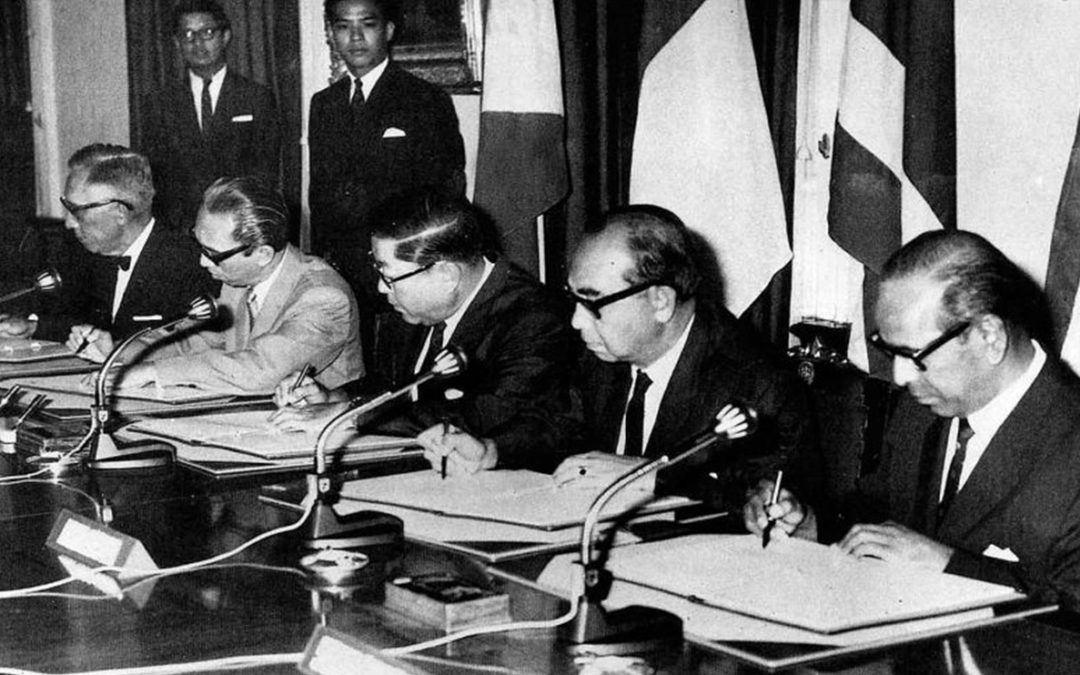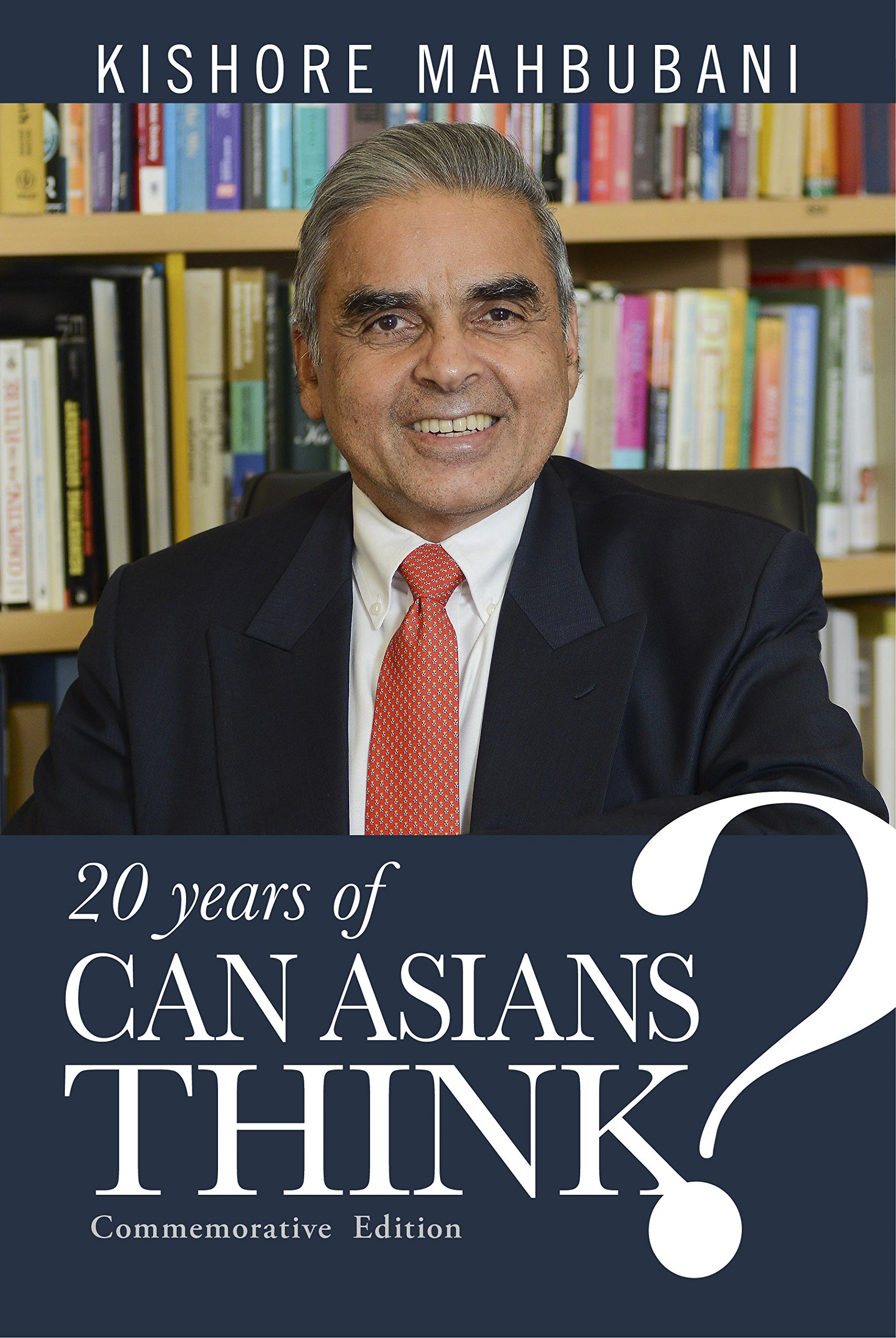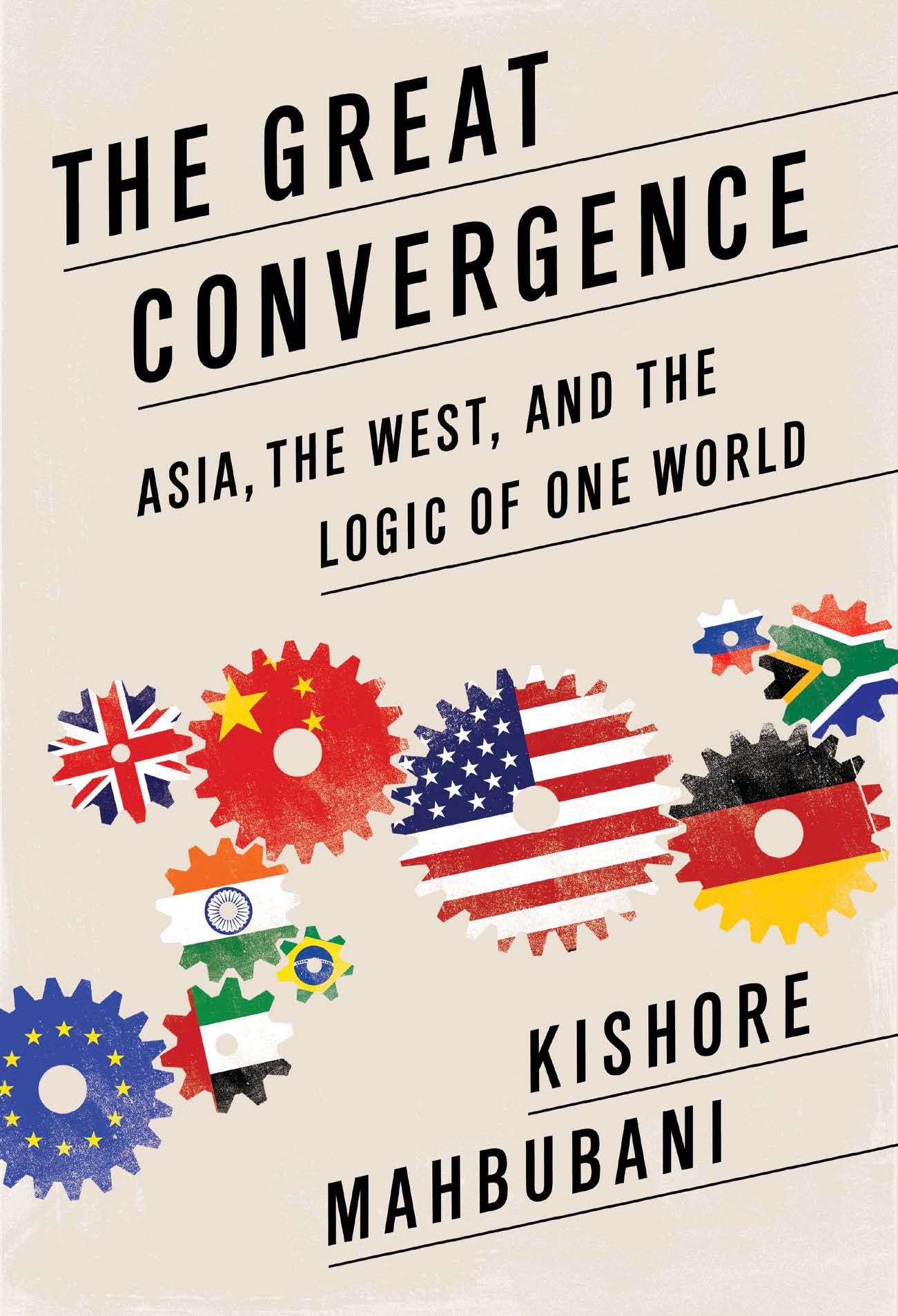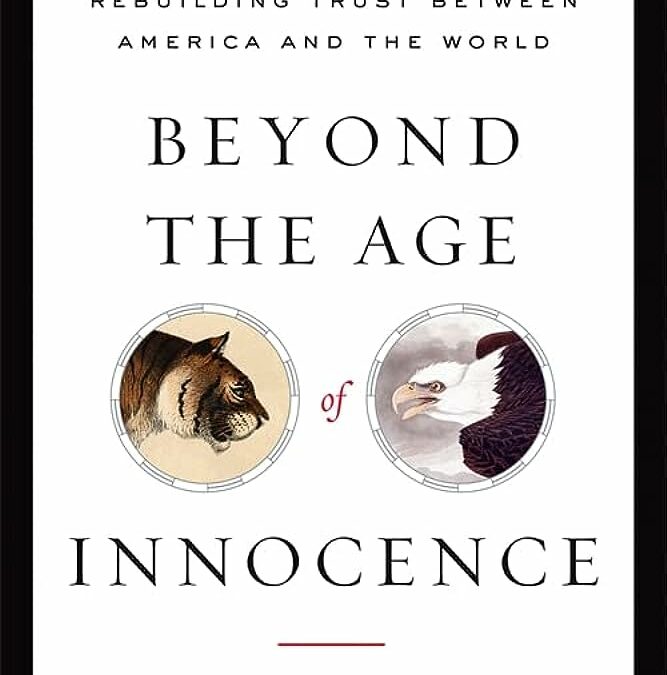
by Kishore Mahbubani | Mar 26, 2017 | By Kishore Mahbubani
Try imagining a world where the Middle East is at peace. The thought seems almost inconceivable. Imagine a world where Israel and Palestine, two nations splintered from one piece of territory, live harmoniously. Impossible? This is what Malaysia and Singapore...

by Kishore Mahbubani | Mar 18, 2017 | By Kishore Mahbubani
Imagine Singapore in December. The north-east monsoon is approaching. Heavy rains are coming. Someone has gifted you a strong umbrella. The rational thing to do would be to preserve and protect this umbrella. The irrational thing to do would be to poke holes in this...

by Kishore Mahbubani | Mar 12, 2017 | Books
The world’s largest continent stretches from Japan and Indonesia across central Asia to the Arab world. It is the spiritual focus of such great religions as Islam, Buddhism, Confucianism and Hinduism and home to nearly 60 percent of the earth’s...

by Kishore Mahbubani | Mar 12, 2017 | Books
The twenty-first century has seen a rise in the global middle class that brings an unprecedented convergence of interests and perceptions, cultures and values. Kishore Mahbubani is optimistic. We are creating a new global civilization. Eighty-eight percent of the...

by Kishore Mahbubani | Mar 12, 2017 | Books
Many Americans know in their heart of hearts that something has gone wrong in America ‘s relations with the world. But they don’t quite know why. Or what triggered this. A thought-provoking and deeply insightful book, Beyond the Age of Innocence...





